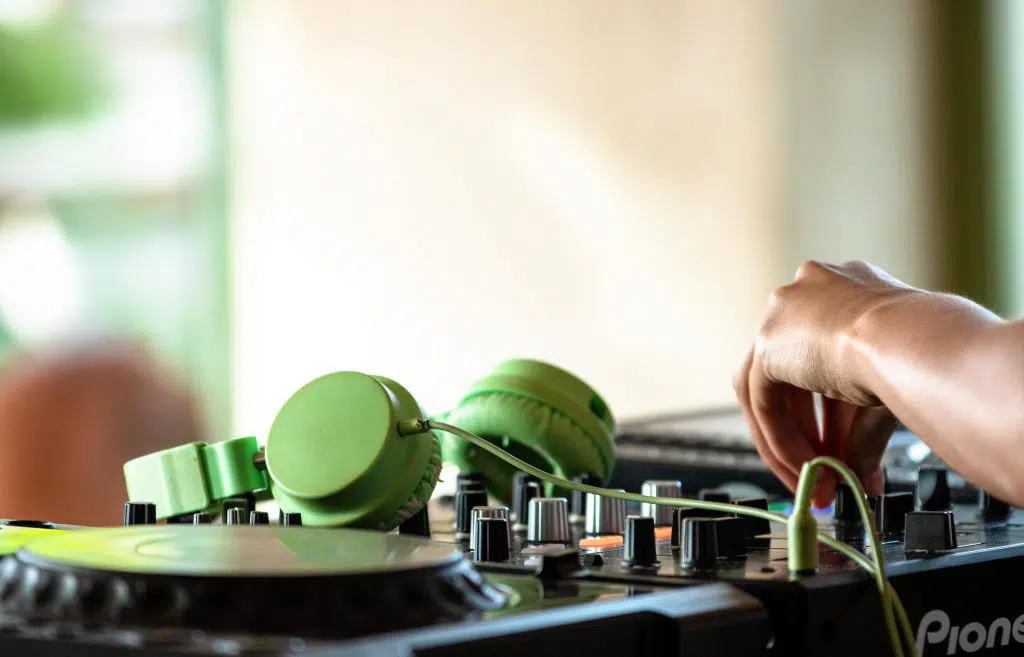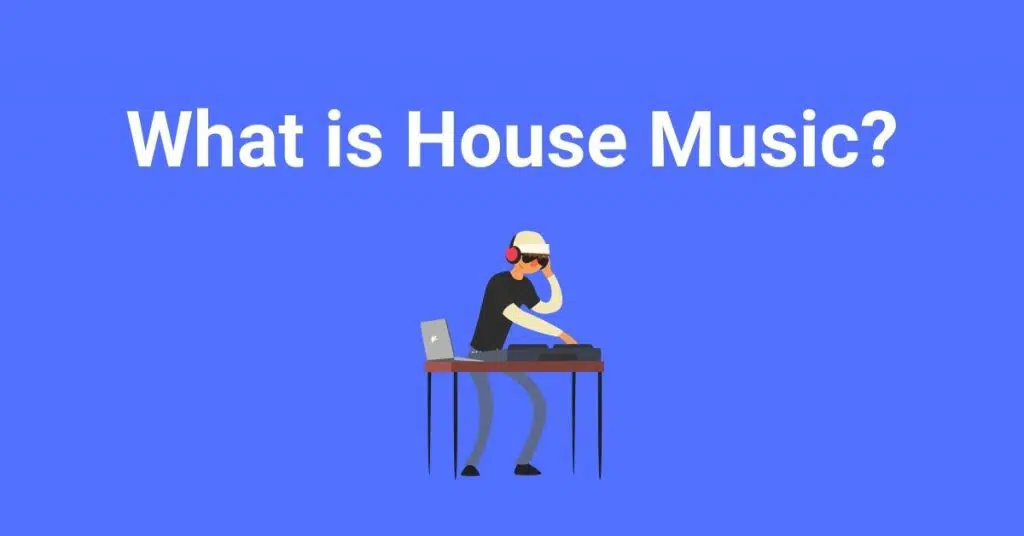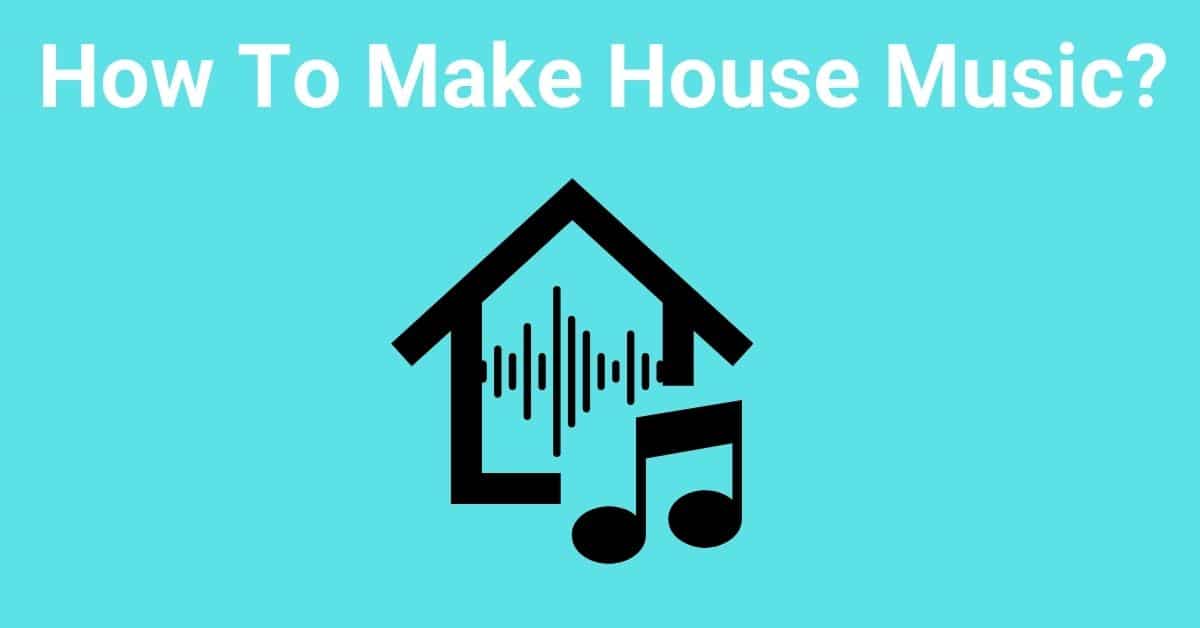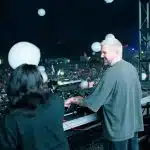House music is a genre that has been taking the world by storm for over three decades. With its pounding beats, soulful vocals, and funky grooves, House music has become a staple in the world of electronic dance music. Whether you’re a seasoned fan or just discovering the genre, this blog is dedicated to exploring the world of House music and everything that makes it so special.
From its roots in the clubs of Chicago in the 1980s to its current status as a global phenomenon, House music has continued to evolve and influence other genres of music. Whether you’re a fan of classic House, Deep House, or more modern styles like Tech House and Progressive House, there’s something for everyone in this genre.
So if you’re ready to dive into the world of House music, sit back, turn up the volume, and let the music take you on a journey. From its origins to its current state, this blog is dedicated to everything House.
Table of Contents
What is House Music?
House music is a particular music genre based on electronic dance music.
DJs usually use house music to make the audiences feel more energetic and dance along with the music.
The earliest type of house music developed during the 1980s when people frequented nightclubs every night.
Nightclubs were the place where everyone regularly met. House music was initially derived from disco, which was incredibly famous during the 1970s.
People loved to dance to loud and upbeat music during that era, and this is why nightclub music is set to higher BPMs, even up until now.
Nightclub or electronic dance music ranges from 110 to 130 beats per minute, sometimes even more. House music birthed the culture of DJs.
Without the creation of house music, DJs would not be as famous as they are now.
House music is the predecessor of the electronic disco we hear nowadays.
It was the first genre of music to incorporate electronic synths and drum machines.
Why is House Music called House?
House music is an official term and is considered one of the electronic music genres. It indirectly got its name from the first-ever person who experimented and created house music, Frankie Knuckles.
He was the resident DJ of The Warehouse nightclub. The ‘house’ in house music is derived from the word ‘Warehouse’.

House music originated from the sounds of funk, soul, and disco. During that time, people found the music that Frankie Knuckles played unique and easy to listen to.
Back then, people also did not have the same access to music as people do nowadays. They had to go to the record store to buy the music they wanted.
They would request, “the music from The Warehouse” and then, “the music from the house”.
People eventually shortened it to simply “house”, hence the name “house music”.
What BPM is House Music?
As house music is a branch of electronic dance music, its dominant characteristic is a fast and lively beat.
The beat ranges from the slowest, 110 beats per minute, up to the fastest 130 beats per minute. Another distinct characteristic is the tempo, which is a four-by-four beat that plays on repeat.
Its rapid beat is known to be suitable for dancing along to.
The slower beat house music can also be listened to when you want to relax.
Who Invented House Music?
The first few pioneers who made house music were DJs like Frankie Knuckles and Ron Hardy.
It is unclear how house music was ‘invented’. Like how other types of electronic music genres come to be, they result from experimentation from remixing songs and integrating machine-induced sounds.
House music is made by mixing and combining many songs and effects that sound well together.
Frankie Knuckles was a resident disc jockey in the Chicago nightclub called The Warehouse. He earned the nickname “the Godfather of House”.
He often played music with a unique and distinct beat, mixed with disco, and blended in with futuristic sounds.
Ron Hardy was the only one who could play as well as Frankie Knuckles. He used to be the resident disc jockey in the Muzic Box.
They are regarded as the notable figures that made house music as big as it is right now.
Different Types of House Music
There is a wide variety of house music, which derives from the most basic house music.
Many of these sub-genres get recognition, while some others do not.
The sub-genres mentioned here are the ones that connect the most to their root genre.
1. Acid House
Acid House is a sub-genre of house music that first became known during the mid-1980s.
The sound was primarily influenced by psychedelic music.
It consists of a lot of hazy sound effects that could lead listeners to a hypnotic state.
2. Afro-House
Afro-house is derived from traditional house music but was combined with South African music.
It had soulful and positive vibes to it. Tribal music can sometimes be heard in the songs when played.
This particular sub-genre flourished from the South African culture.
3. Bass House
Bass house is another sub-genre of house music that had a faster tempo than the other sub-genres.
It is known to use deep bass sounds. The sound is usually heavily distorted.
Bass house is still considered a new genre because it first appeared during the 2010s.
4. Chicago House
Chicago house is the sub-genre that sounds the most like raw house music.
Chicago is where house music first originated. It originated back during the 1980s when house music was created.
The beat in this sub-genre is quite fast because it is in a four-by-four style.
It is highly influenced by disco, funk, and hip-hop.
5. Deep House
Deep House sounds almost like the original house music, but it has a slower rhythm.
This subgenre has a BPM of 120 beats per minute. It is hugely influenced by jazz music, mixed with soul, and also funk.
6. Electro House
Electro-house is one of the sub-genres of house music that is integrated with sounds with electronic vibes.
It is the basis of house music that is popular and often used up until now.
It is influenced by synthpop, electro music from the ’80s, and techno.
7. Funky House
Funky House started to develop during the late ’90s. It has positive, happy, and bouncy vibes and is extremely easy to listen to.
This subgenre got its influence from disco music, which often uses vocal sounds from female singers.
8. Future House
Future House is one of the newer genres because it emerged during the 2010s. It contains many futuristic sounds and is influenced by UK Garage and Deep House.
This subgenre influenced many house music genre songs nowadays.
9. Garage House
Garage house is one of the genres generated from New York and New Jersey. It got its name from one of the then-famous nightclubs in New York with the resident disc jockey, Larry Levan.
The genres Disco and Soul influence garage house. Most of its sound consists of piano-based music.
Another notable thing about it is that a female vocal singer’s sound can often be heard in the tracks.
10. Latin House
Latin house, as how the name suggests, is influenced mostly by Brazilian music and salsa.
This subgenre is popular on the East Coast and in other places like Miami.
It is first known to have been created in the mid-1990s.
Is House Music Dying?
House music is not dead; it is still thriving. Though house music nowadays does not sound much like it used to, house music is still quite popular in nightclubs.
House music lives on through its many, many sub-genres. Sub-genres like deep House or French filter house sound like the original house music.
As the years go by, house music gets integrated with other genres such as pop, Latin, techno, etc. Just like every other music genre, house music has aged quite finely, considering it is thirty-something years old now.
It has spawned various new genres, such as techno, trance, hardcore, rave, drum & bass, and dubstep.
House music is now considered an umbrella term for many electronic music styles or, as we call it nowadays, EDM.

Many newly produced house music is even considered pop because of how much the sound is filtered and altered. Many sub-genres have been produced over the years, but many of them lose popularity and get replaced with new sub-genres.
This is the significance of house music; it can be recycled and remixed with any other sound from other genres.
They are all still considered house music though. House music is eternally progressing and sparking new identities from its core.
It is not dying; it just evolves and adapts as the year changes.
How to Dance to House Music?
Dancing to house music can be a great experience, whether you are at a club or a party. There are a few things you should keep in mind when dancing to this type of music. First, let the music move you.
The best way to do this is to feel the beat and move your body accordingly. Second, don’t be afraid to be creative with your moves. There are no rules when it comes to dancing, so express yourself however you feel comfortable.
Finally, have fun! House music is all about enjoying yourself and letting loose.
If you want some inspiration, we recommend this video by BANRI Jackin:
Additional Resources
Check out the additional resources we have on House Music:
Frequently Asked Questions
Why do they call it house music?
House music got its name from the Warehouse club in Chicago, which was one of the earliest and most influential venues for the genre. The club was popular in the early 1980s and hosted DJ Frankie Knuckles, who is widely credited as the “Godfather of House Music.”
Is house music a rave?
House music is a genre of electronic dance music (EDM) that is often played at raves and music festivals, but it is not the same thing as a rave. A rave is typically defined as a large dance party or gathering, often with electronic dance music, that is held in a club, warehouse, or outdoor setting.
What kind of people listen to house music?
House music has a wide and diverse fanbase, and there is no single type of person who listens to it. The genre has appeal across a range of age groups, cultures, and backgrounds, and its fans come from all walks of life.
Why is house music so addictive?
House music is often considered addictive due to its strong, steady beats and upbeat rhythms that can create a sense of energy and excitement. The repetitive nature of house music’s beats and rhythm creates a hypnotic effect that can be hard to resist, making it easy to get lost in the music and dance for hours.
Final Remarks
Music is one of the great inventions that was created to have a huge influence on human civilization.
Music helps people stay alive, makes people relax, and has even become a tool to help people make money.
It helps people make history because it is continually changing and has evolved throughout the years.
No doubt, House music is one of the most influential music genres that has ever been invented.
Electronic house music is derived from this genre. Nightclubs from all over the world would not live without the creation of house music.
There are many music genres from across the globe, and they all take turns being in the spotlight.
Unpopular music genres never die out. Someone somewhere will still be listening to them faithfully.
These music genres are actually just staying dormant, waiting to be found again.
If interested, check out our guide on how to make house music.

Starting with my first EDM event in 2010 at Nocturnal Wonderland and hearing One by Swedish House Mafia and Benny Bennassi’s “Satisfaction” I have been hooked on EDM. While Above&Beyond and Anjunabeats captured my heart in 2012, the genre I love the most is Hardstyle and I feel the most alive when listening to it. My favorite part about the EDM world is the energy that is packed into each genre fan base and event. Writing for Deep In The Mix gives me the opportunity to contribute back to the EDM world I love so much.















